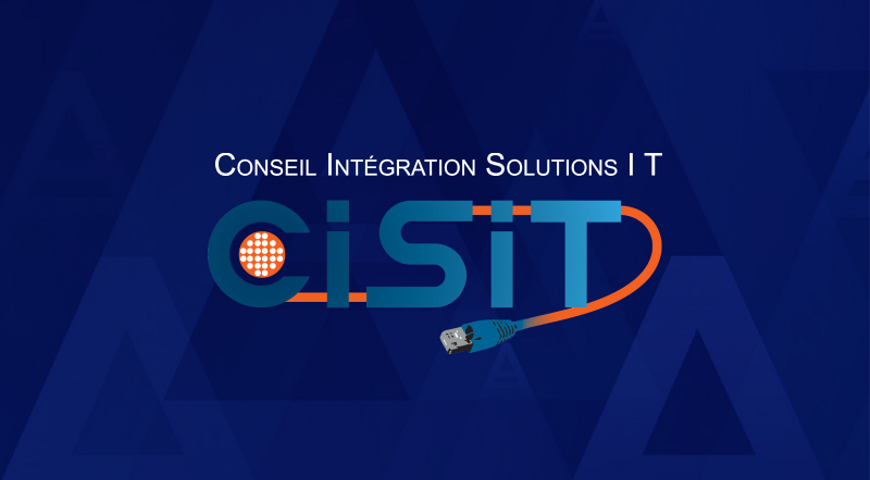Businesses have been building incubators and innovation-focused research labs for a long time, but tech companies have taken it to a whole new level in the last few years. Some of them are “skunkworks” labs, operating in secret and attempting wild ideas that may or may not work. (Think Amazon’s delivery drones.) Others are less secretive, but still designed to move quickly and seek creative solutions for problems that impact companies and consumers in big ways. Below are four examples of corporate labs doing interesting work today.
1. Yandex Labs
Yandex, the Google of Russia, opened its labs in 2008 in the Bay Area with the goal of fostering innovation in search and advertising technology. They have employed senior research scientists and engineers who have a wealth of experience that they are leveraging to solve complex problems related to web crawling, indexing, machine learning and more. The Labs also contribute to the research community by publishing their findings around search technology at major industry conferences.
Not to be outdone, Google also runs a secretive skunkworks lab known as Google[x]. The engineers and scientists who work there are in charge of “moonshot” efforts, creative and experimental projects that may not necessarily lead to commercial products but that will undoubtedly move the company forward through innovation. The Google[x] facility is located about a half mile from the famed Googleplex in Mountain View, CA. Work there is overseen by one of Google’s co-founders, Sergey Brin. Among the projects that have come out of the labs are the company’s infamous self-driving car and Google Glass.
3. Symantec Research Labs (SRL)
Symantec’s research labs involve leading experts in security and availability who are busy building innovative new products and technologies across their businesses. The efforts include ongoing collaboration with research facilities, government agencies and universities around the world. Their core research includes short-, medium- and long-term projects that are ultimately designed to result in new intellectual property that can be used to build actual products. In other words, Symantec’s labs are innovative but focused on real-world solutions. They also engage in government-funded research in both the U.S. and the U.K. A startup-style group, they focus on lightweight products in emerging growth categories and ship quickly to pilot customers, with the goal of transferring these releases into the product group for eventual commercialization.
Microsoft Research is one of the oldest and largest groups of its kind, founded in 1991 and currently employing more than 1,000 scientists and engineers who focus on dozens of areas of computing. They openly collaborate with academic, government and industry researchers to advance state-of-the-art computing. Goals include advancing Microsoft and its products while solving some of the world’s toughest problems via technological innovation. Microsoft Research has branches in seven countries worldwide and employs a wide variety of the planet’s strongest research minds to bring its ideas to life. Microsoft claims that virtually every product they ship today has seen an influence from the work of this group.
5. Bonus: Acronis Labs
Today we’re excited to announce our own $10 million research and development lab in Arlington, VA and Moscow, Russia. It will focus on address the growing needs to store vast amounts of data, drive down associated costs and utilize cloud technologies. Learn more about it here.
About Acronis
A Swiss company founded in Singapore in 2003, Acronis has 15 offices worldwide and employees in 50+ countries. Acronis Cyber Protect Cloud is available in 26 languages in 150 countries and is used by over 21,000 service providers to protect over 750,000 businesses.



